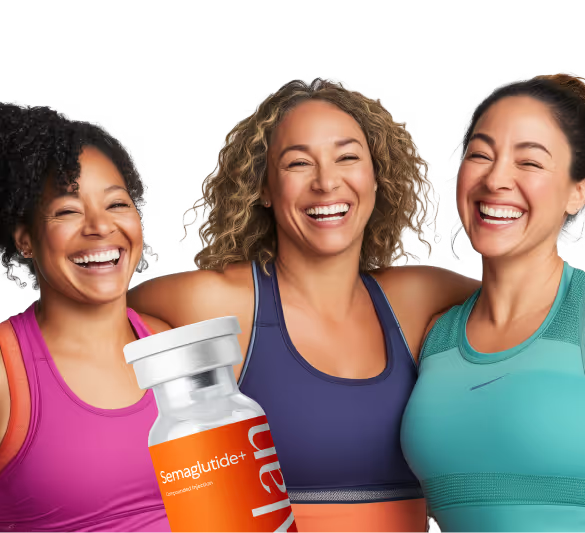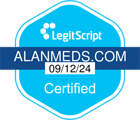Water is one of the simplest and most essential elements for maintaining good health, yet it’s often overlooked. Staying hydrated isn't just about quenching your thirst—it's vital for keeping your body functioning smoothly and feeling your best, especially while on GLP-1 medications. Whether you're working out, tackling a busy day, or just trying to feel more energetic, proper hydration plays a key role in your overall wellness. Let’s dive into why hydration matters, how it supports your body, and some easy tips to ensure you’re drinking enough throughout the day.
Why Hydration Matters
Water constitutes about 60% of the human body and is involved in nearly every bodily function. Did you know that water…
- Supports Digestion and Nutrient Absorption: Water helps dissolve nutrients and fiber, aiding in digestion and nutrient absorption.
- Regulates Body Temperature: Hydration helps your body maintain a stable temperature through sweating and respiration.
- Supports Cognitive Function: Adequate hydration is linked to better concentration, memory, and mood.
- Enhances Physical Performance: Proper hydration prevents fatigue and improves endurance and motor skills during exercise.
Hydration and Weight Loss
Adequate hydration plays a significant role in weight management as it can help control appetite and boost metabolism. Research published in the Journal of Clinical Endocrinology & Metabolism found that water consumption increases resting energy expenditure, meaning the body burns more calories at rest when adequately hydrated. Additionally, drinking water before meals can help reduce overall calorie intake by curbing cravings and promoting a feeling of fullness.
Hydration is particularly important for people taking GLP-1 medications like Semaglutide and Tirzepatide because these drugs can reduce appetite and slow digestion, potentially leading to decreased fluid intake and an increased risk of dehydration. Staying hydrated supports metabolic processes, helps maintain electrolyte balance, and can alleviate common side effects like nausea. Proper hydration is key to ensuring overall health and the effectiveness of the medication.
How Much Water Should You Drink?
Nearly 50% of Americans drink only three cups of water or less each day, which is far lower than what’s recommended, so if you’re struggling to drink enough water you are not alone. You should be consuming half of your body weight in oz each day, as a baseline. For each cup of coffee or caffeinated tea you should add an additional cup of water as caffeine is a diuretic and water should also be added when engaging in strenuous exercise or sweating in a sauna.
How to Choose a Water
I encourage my patients to opt for spring water over purified water whenever possible. Spring water contains a variety of minerals, such as calcium, magnesium, and potassium, which can contribute to its taste and potential health benefits. Spring water contained in glass bottles is the single best choice as glass is infinitely recyclable and there are no endocrine disruptors which can be found in plastic bottles. Mountain Valley offers 2.5g and 5g glass jars via delivery to have in your home!
Consequences of Dehydration
Dehydration occurs when the body loses more fluids than it takes in, leading to an imbalance that can disrupt normal bodily functions. Mild dehydration can cause symptoms such as dry mouth, fatigue, headache, constipation, sugar cravings, muscle weakness, increased cholesterol, premature aging and dry skin.
Tips to Stay Hydrated
Maintaining adequate hydration involves more than just drinking water. Here are some tips to help you stay hydrated:
- Drink Water Regularly: Aim to drink at least eight 8-ounce glasses of water daily, but individual needs may vary based on activity level, climate, and overall health. Pro tip: Drink before you feel thirsty and front load your water consumption at the beginning of the day so you are ahead and not chugging water before bed and disrupting your sleep to wake up in the night to use the bathroom.
- Make it exciting: Add citrus or herbs if you don’t like the taste of plain water or motivate yourself by getting a water bottle you really love and want to carry around with you. I suggest a 1L bottle so it's easy to track your intake throughout the day.
- Incorporate Hydrating Foods: Many fruits and vegetables, such as cucumbers, oranges, cherry tomatoes, and watermelon, have high water content and can help with hydration. Add these in for extra hydration but don’t let them replace drinking water.
- Monitor Fluid Loss: Pay attention to factors that increase fluid loss, such as hot weather or vigorous exercise, and adjust your water intake accordingly. The more you sweat, the more water you should be drinking to replenish.
- Use Hydration Reminders: Set reminders to drink water throughout the day or use a water-tracking app to keep yourself on track.
- Balance Electrolytes: In situations of intense physical activity or excessive sweating, consider beverages that contain electrolytes to replenish lost minerals but be sure to check that they are not filled with sugars or artificial flavors. Adding a small pinch of high quality sea salt is often enough.
Conclusion
Hydration is a fundamental aspect of maintaining good health and wellness. By understanding its importance and implementing strategies to stay well-hydrated, you can support your body’s functions, enhance physical performance, and improve overall well-being. Remember, staying hydrated is a simple yet powerful way to invest in your health.
References:
- Maughan, R. J. (2009). Hydration, dehydration, and athletic performance. Journal of the American College of Nutrition, 28(1), 85-92.
- Godek, S. F., et al. (2005). The effect of hydration status on thermal comfort and heat strain during exercise in the heat. Journal of Athletic Training, 40(2), 122-131.
- McGregor, R. A., et al. (2019). Effects of mild dehydration on cognitive performance and mood in healthy young and older adults. Frontiers in Human Neuroscience, 13, 21. Link
- Casa, D. J., et al. (2015). National Athletic Trainers' Association position statement: Fluid replacement for the physically active. Journal of Athletic Training, 50(4), 663-679.
- Boschmann, M., et al. (2003). Water-induced thermogenesis. Journal of Clinical Endocrinology & Metabolism, 88(12), 6015-6019.
- Centers for Disease Control and Prevention (CDC). (2013). Prevalence of Low Water Intake Among Adults — United States, 2005-2006.
- National Academies of Sciences, Engineering, and Medicine. (2020). Dietary Reference Intakes for Water, Potassium, Sodium, Chloride, and Sulfate. National Academies Press.
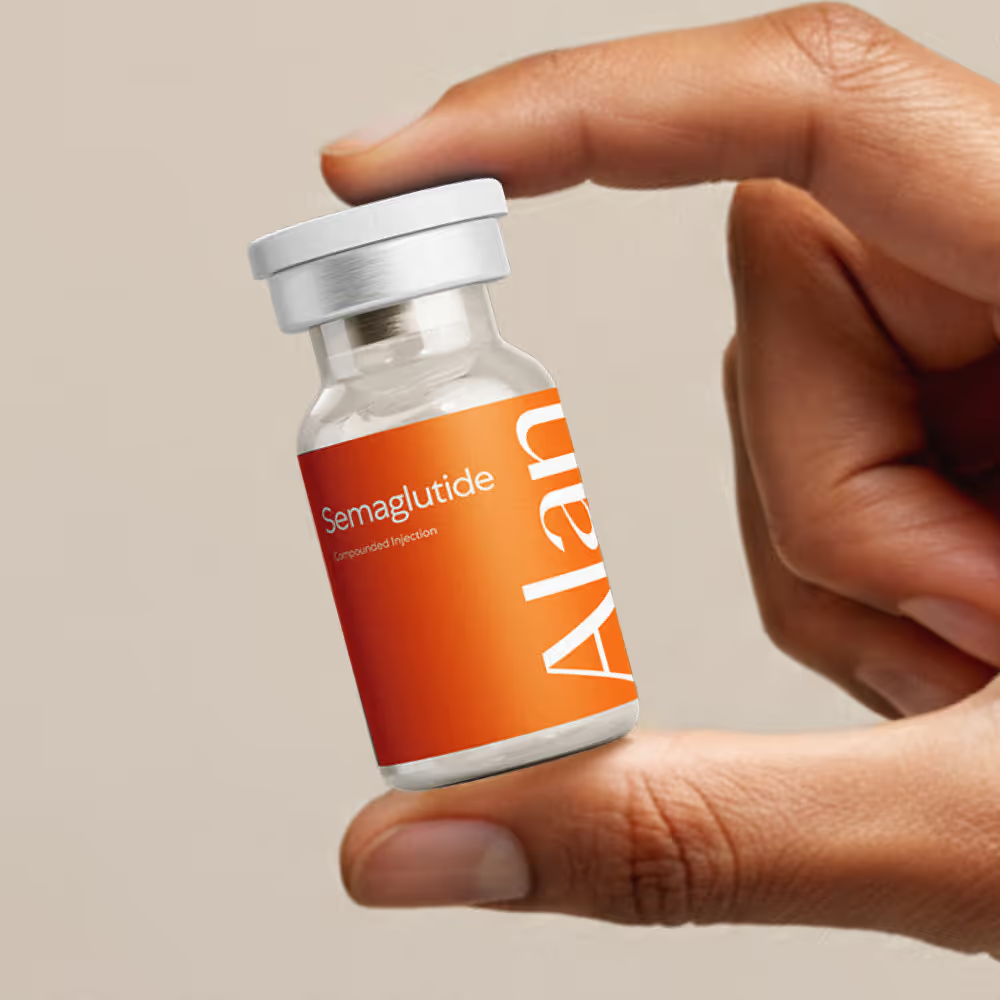

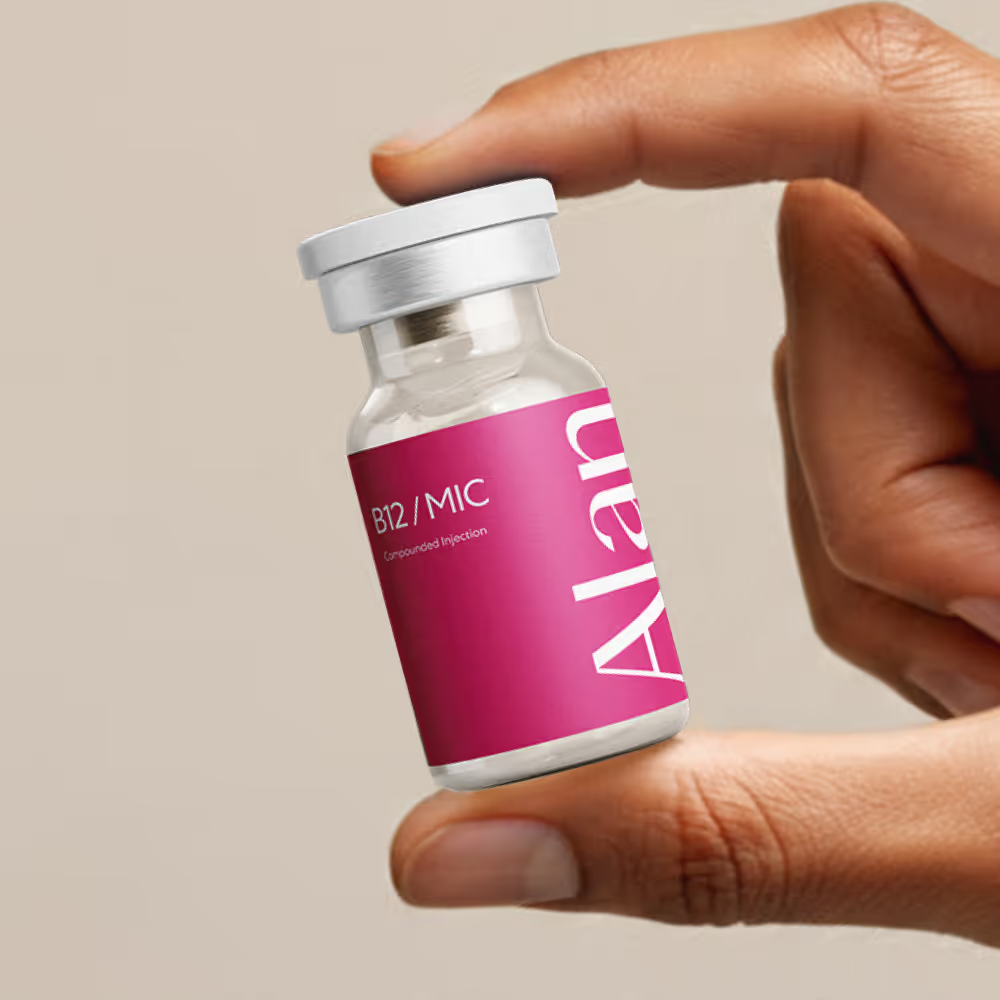

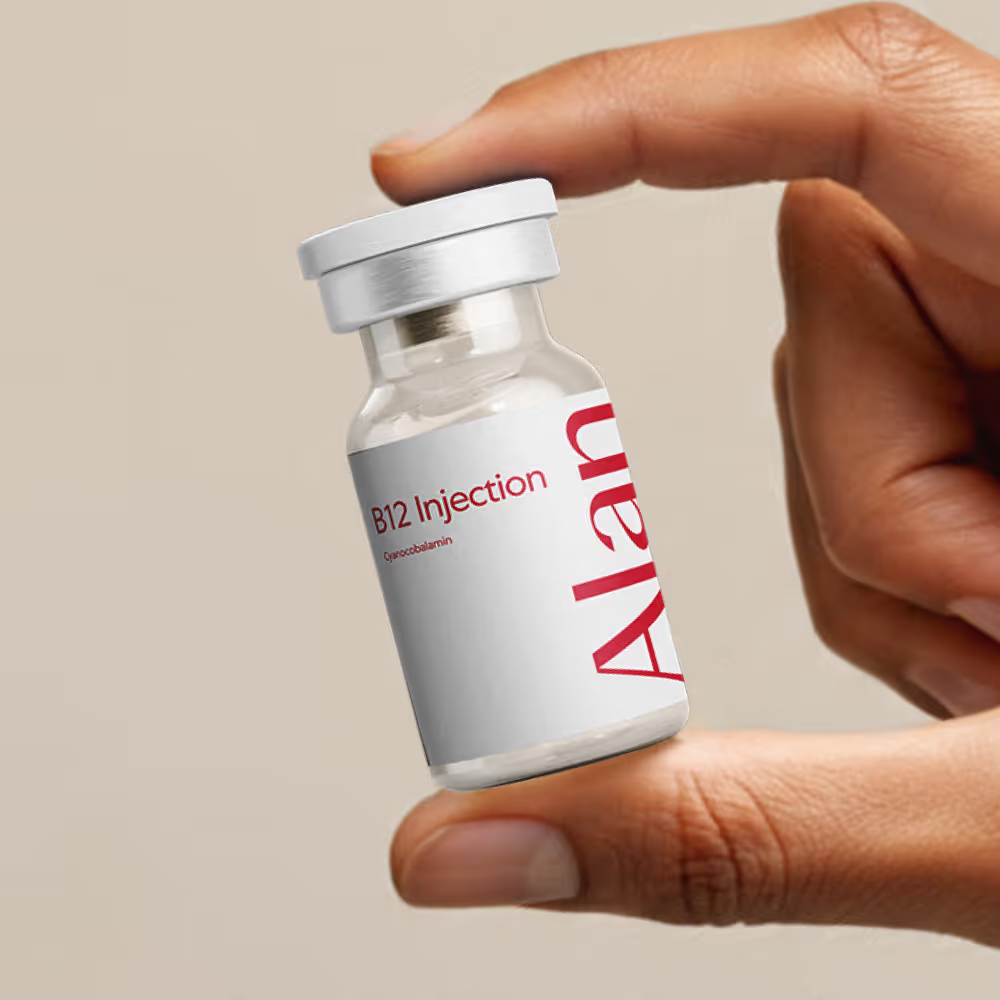

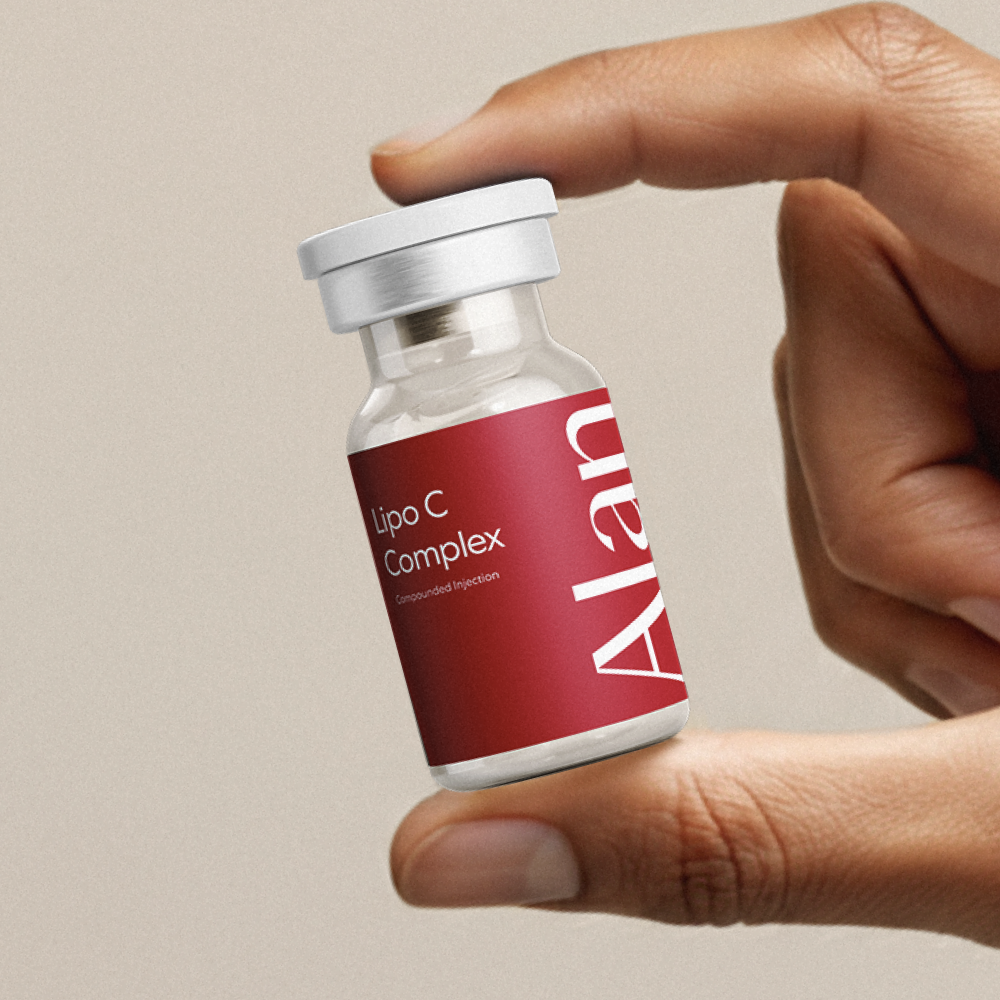

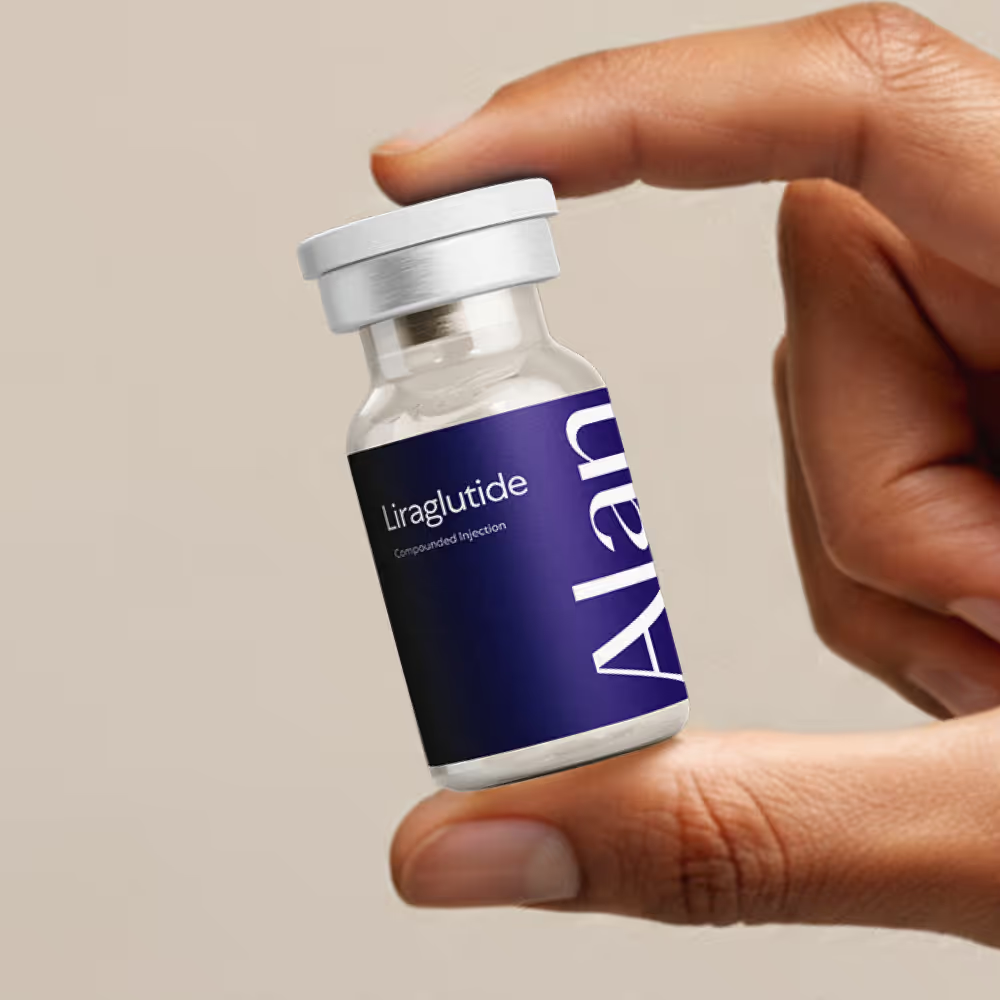

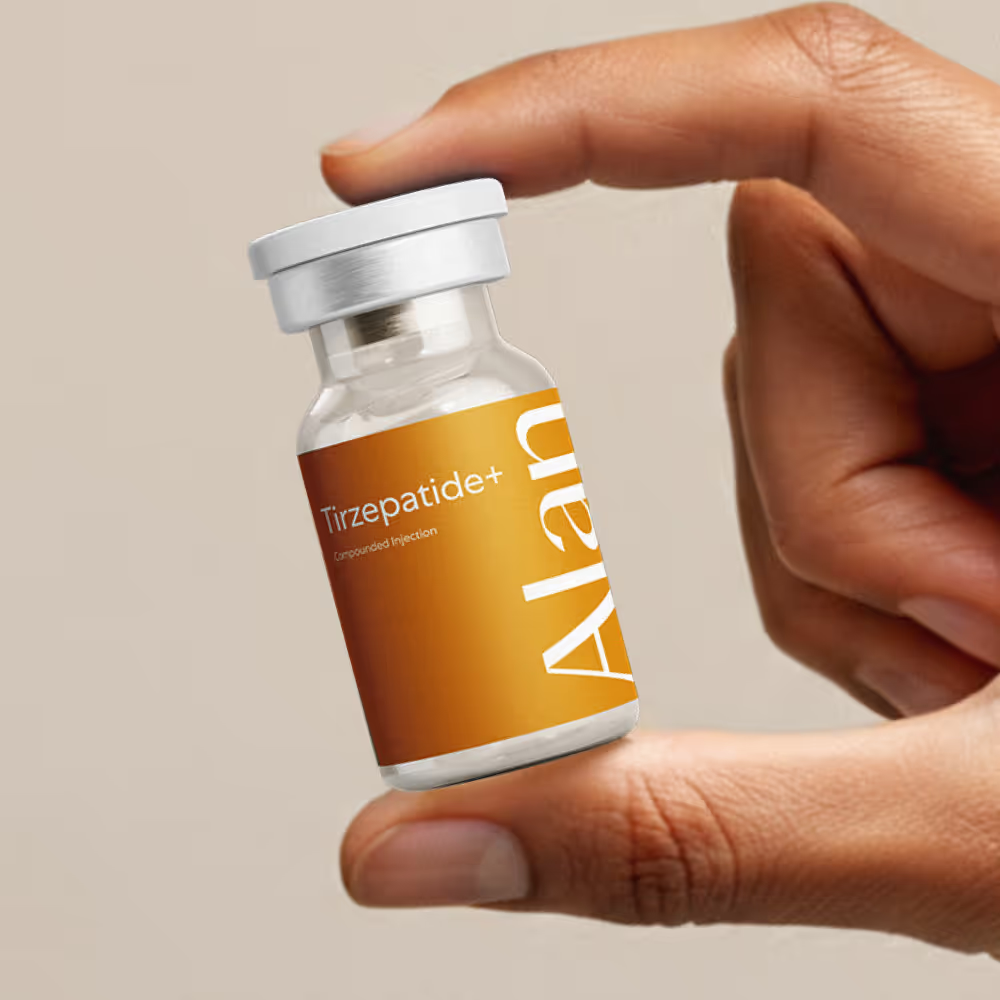





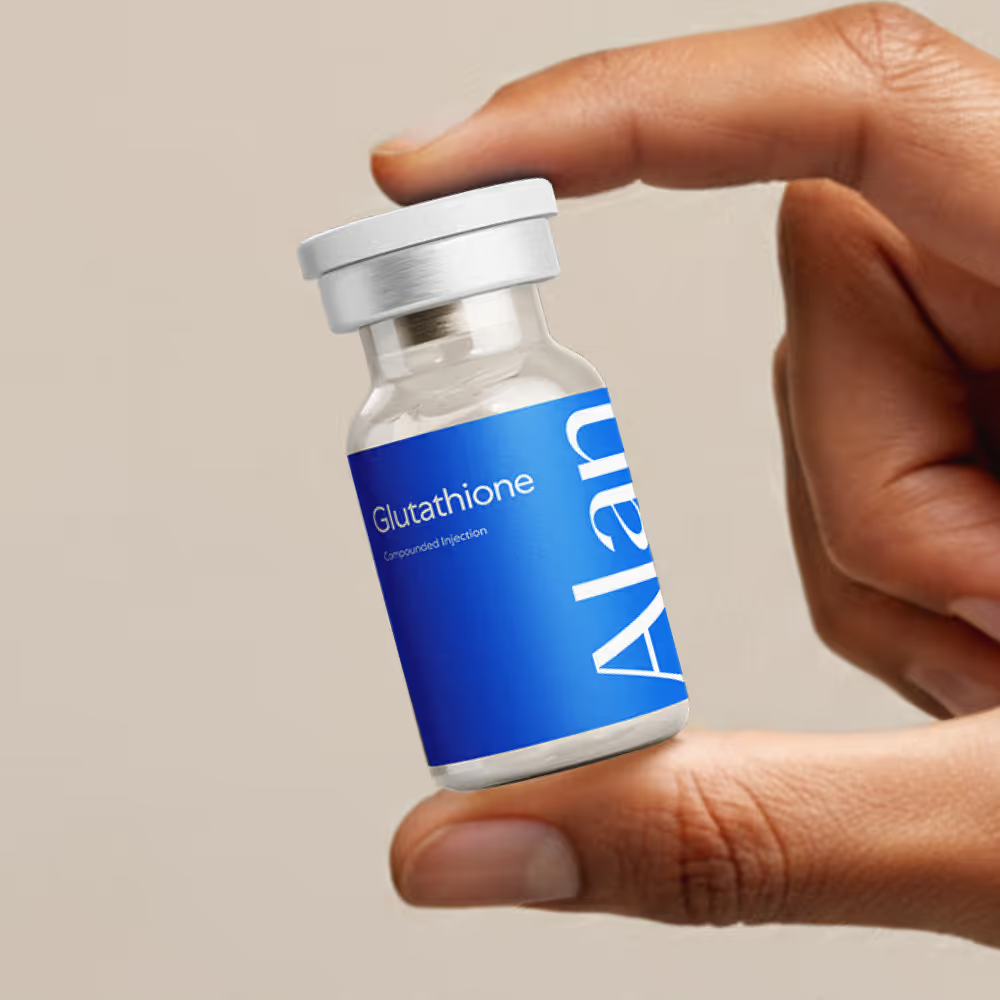

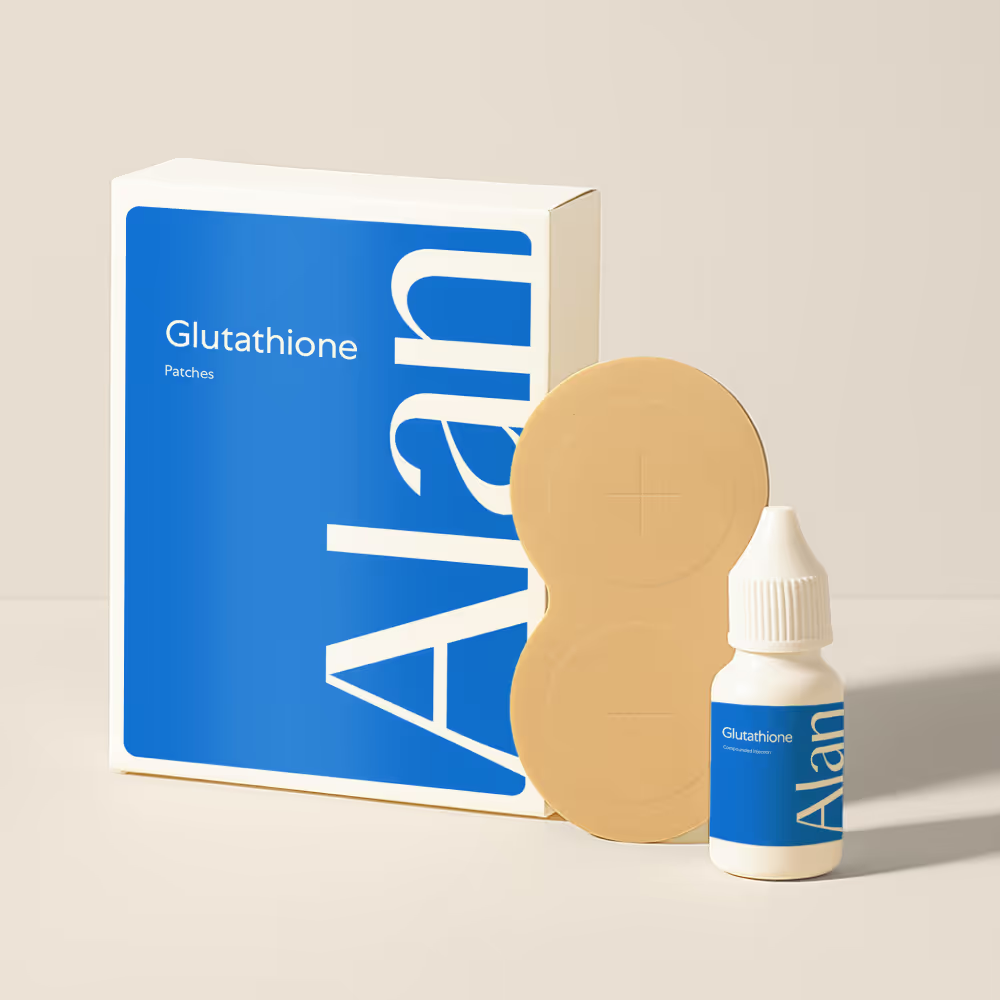

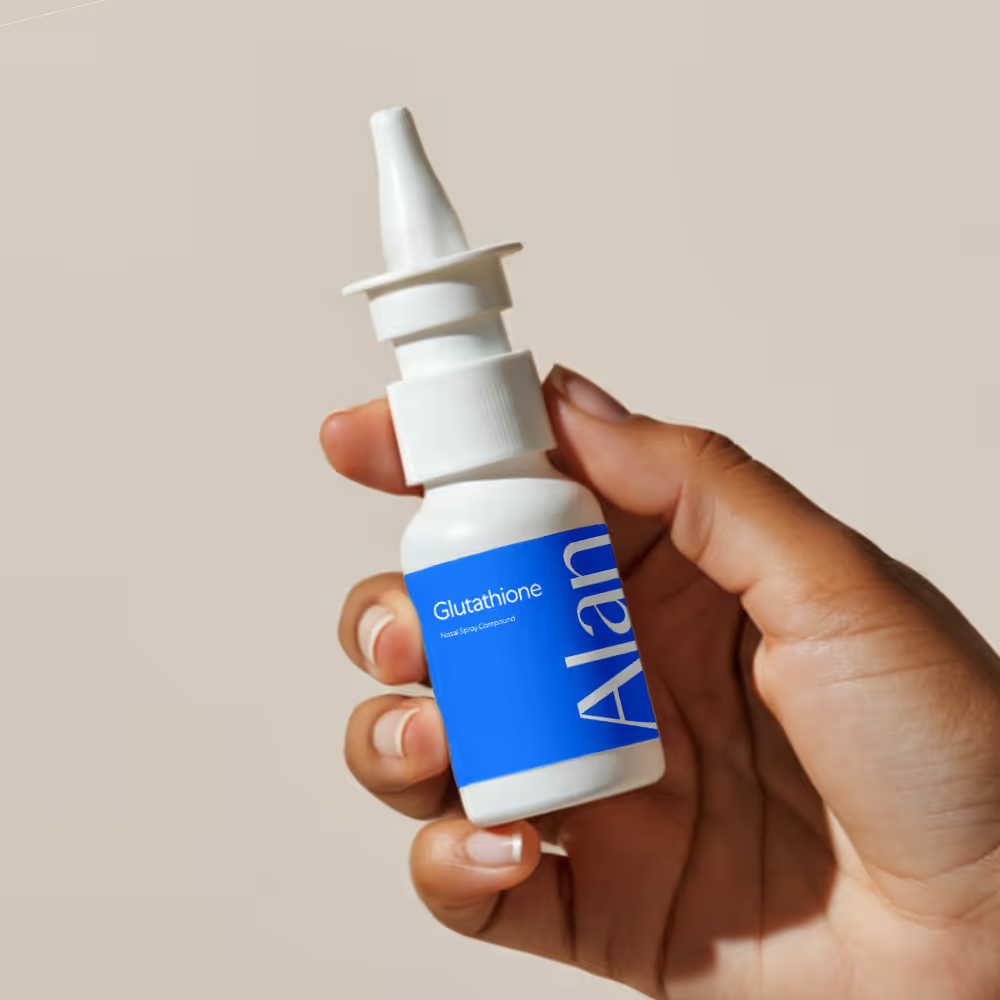

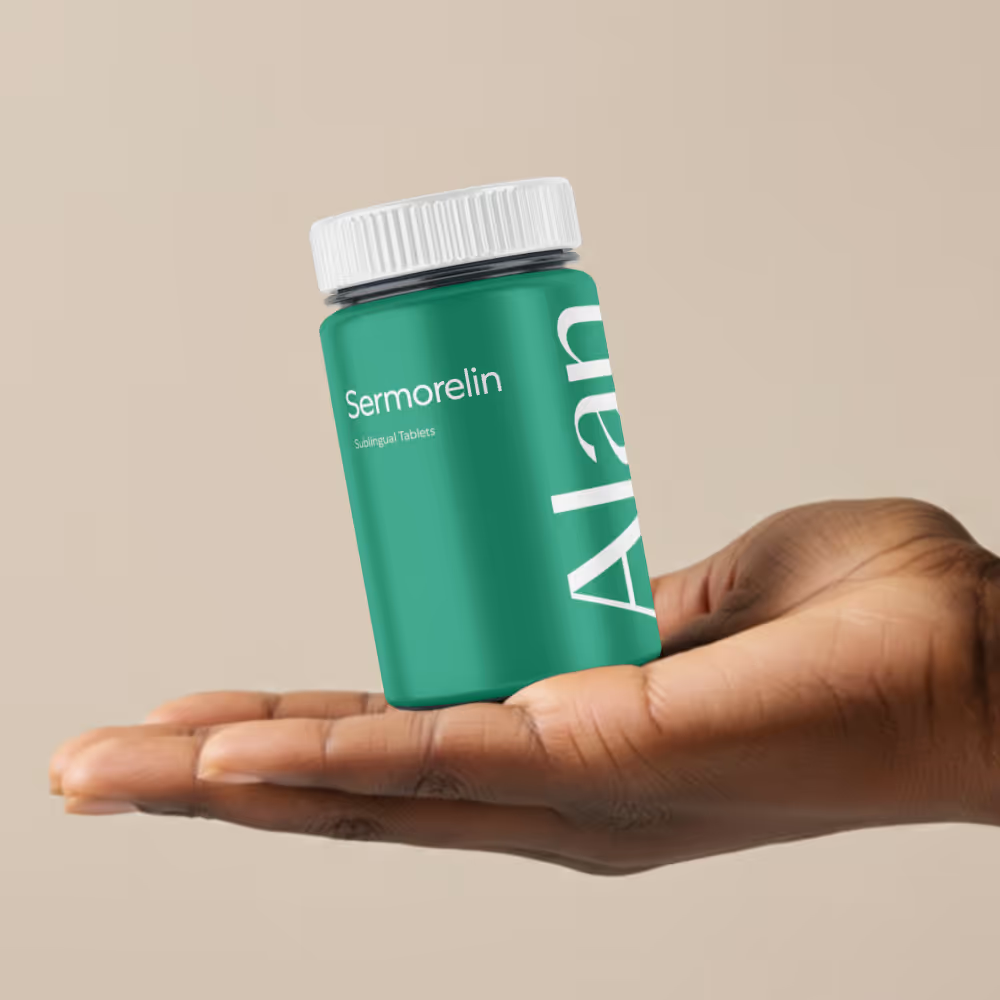

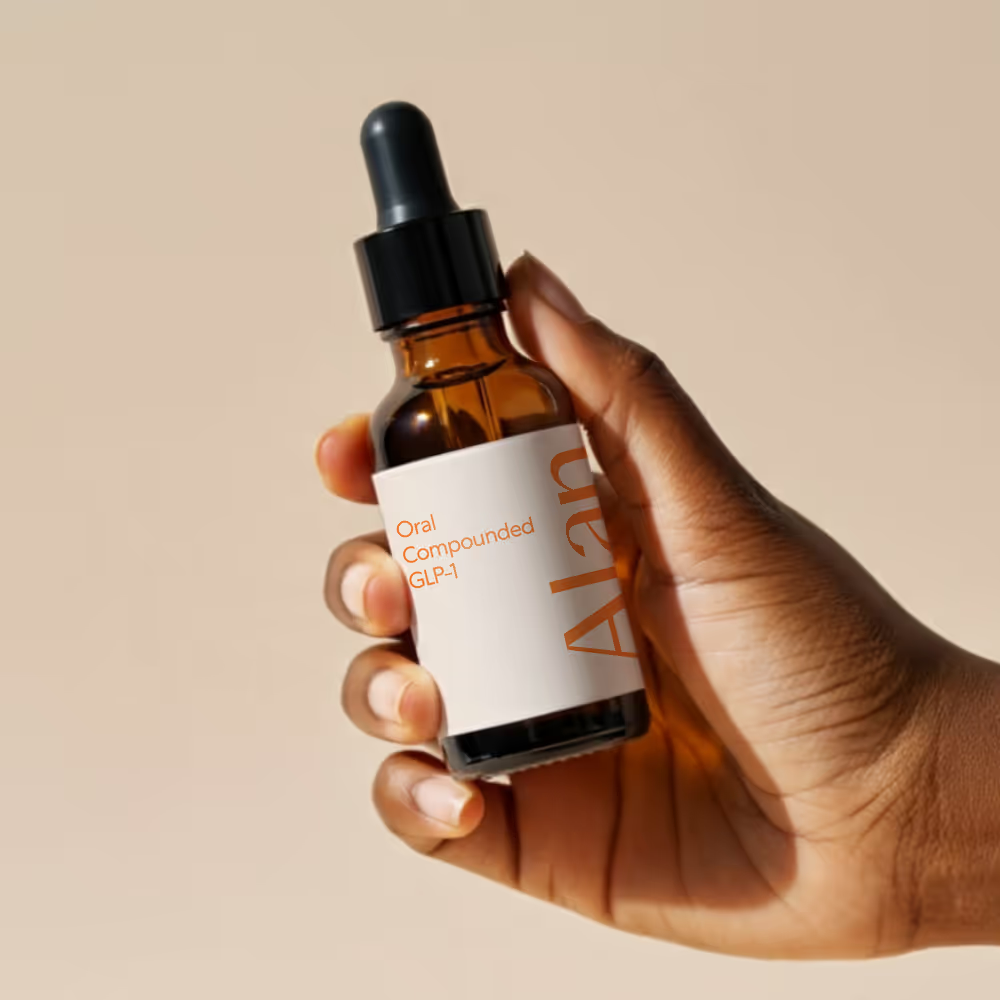



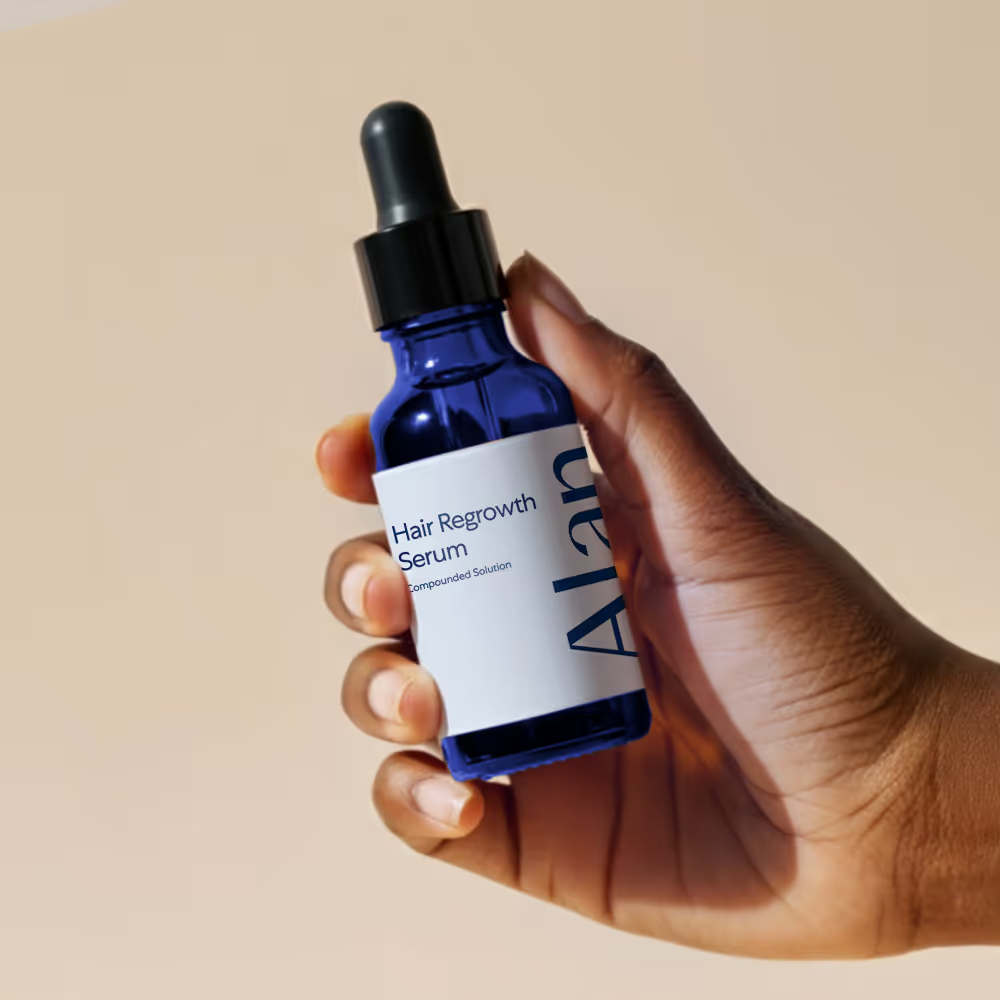

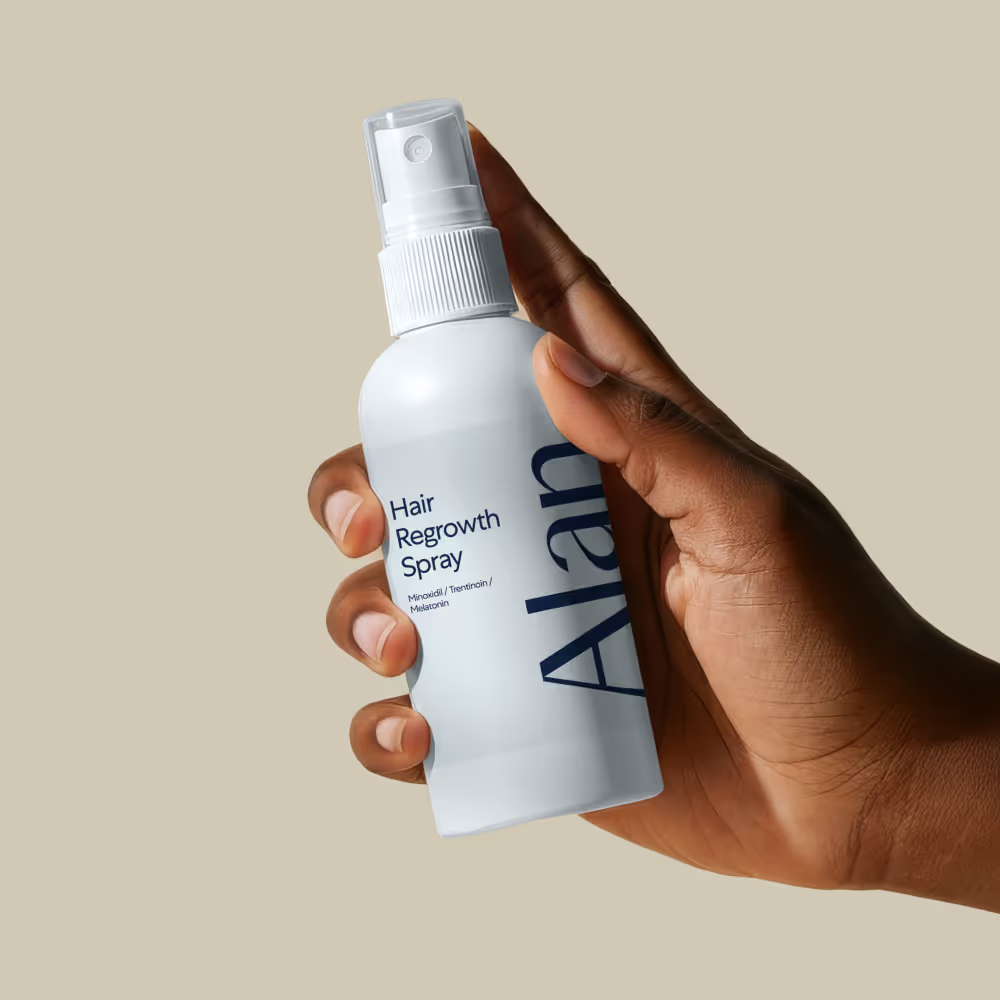

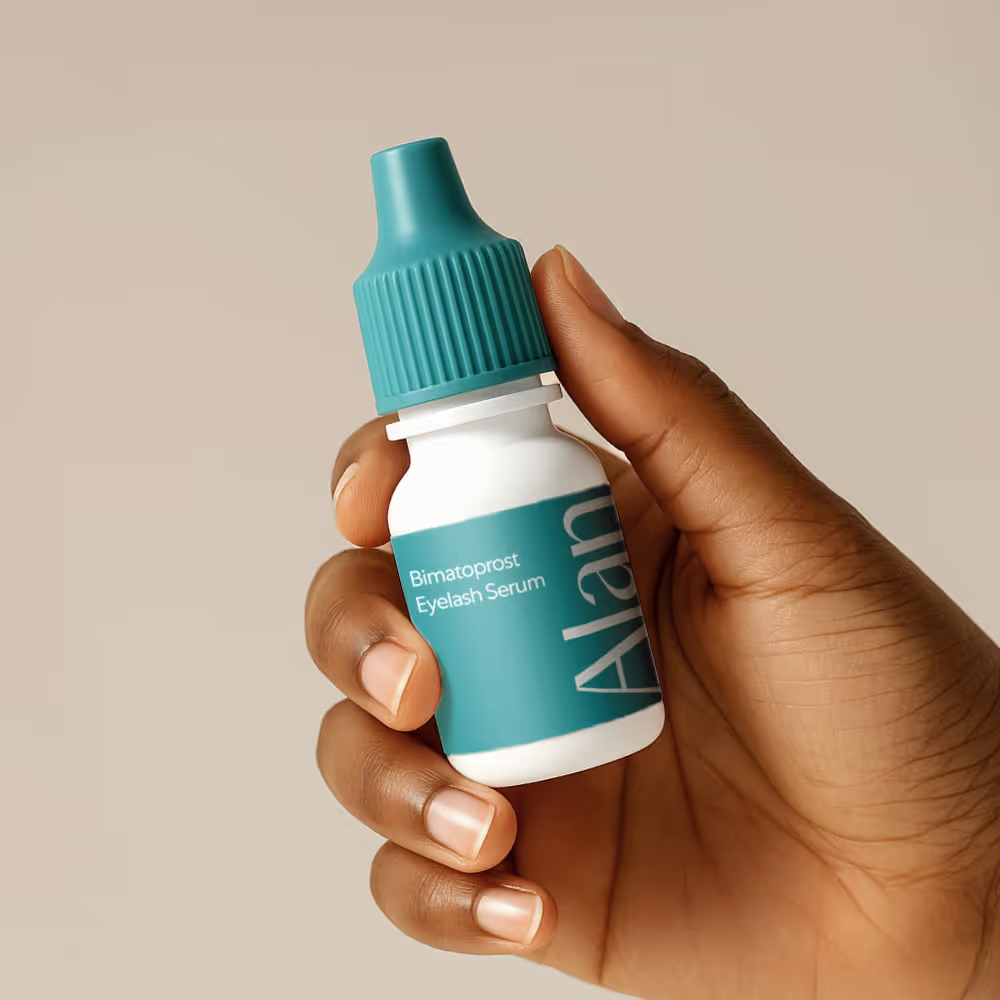



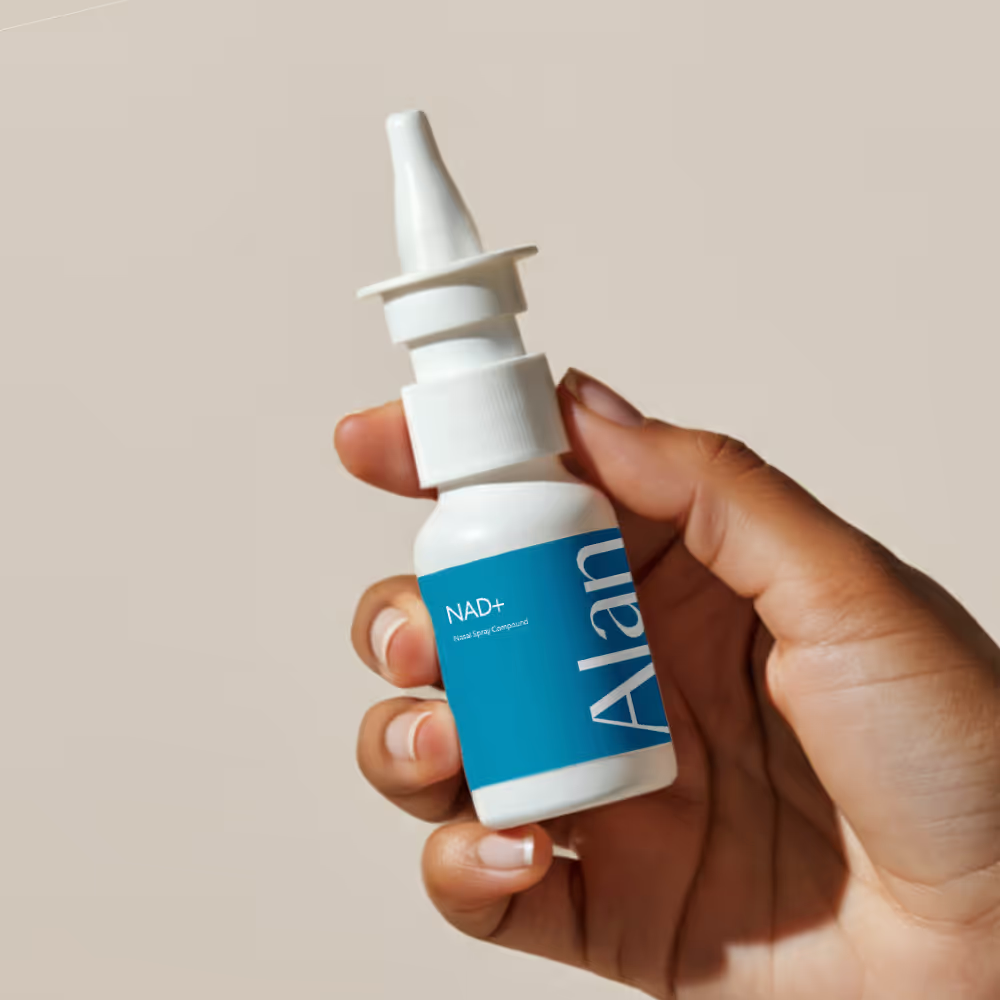

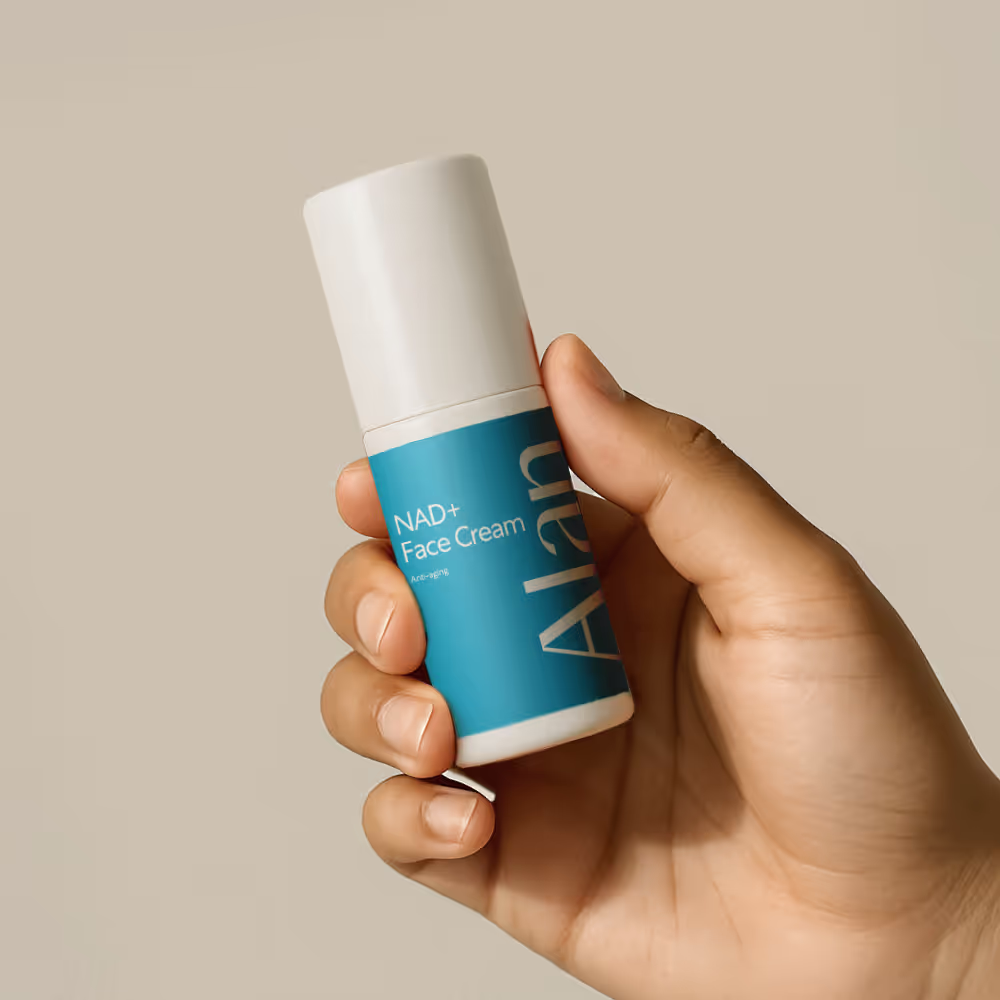

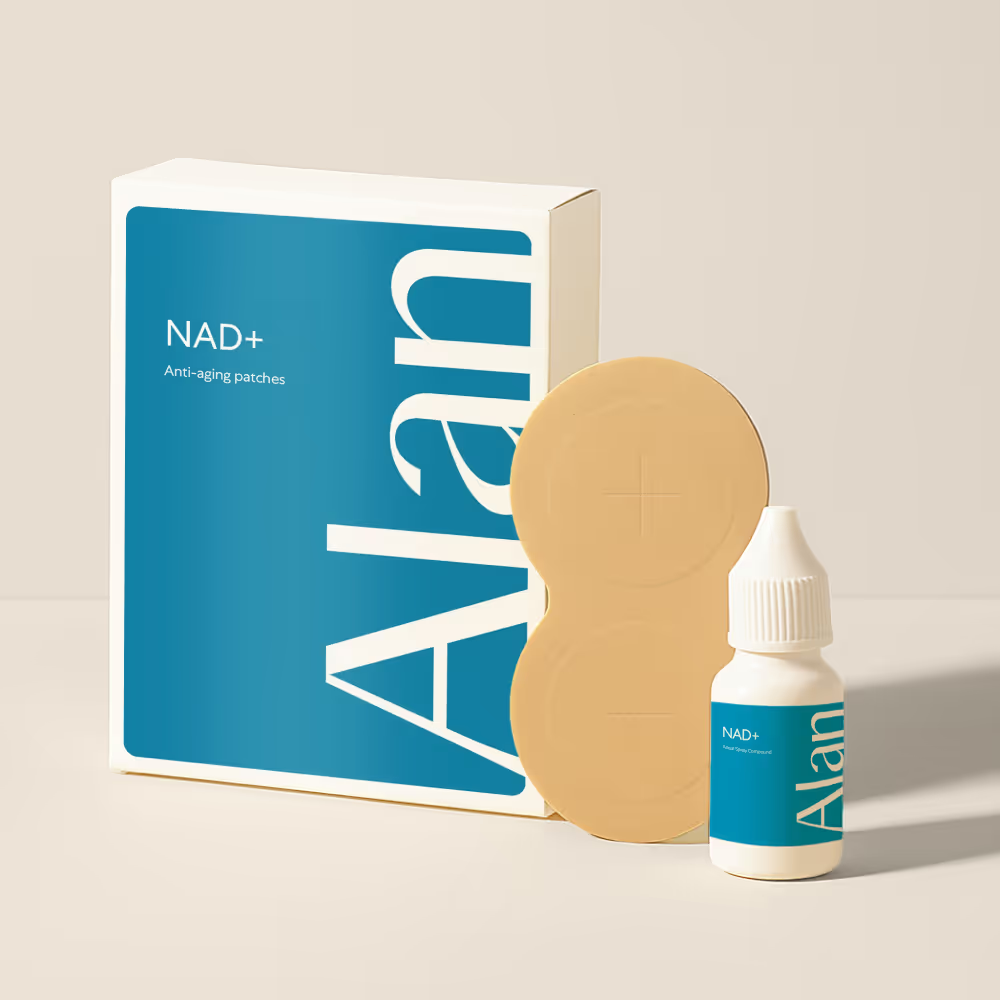

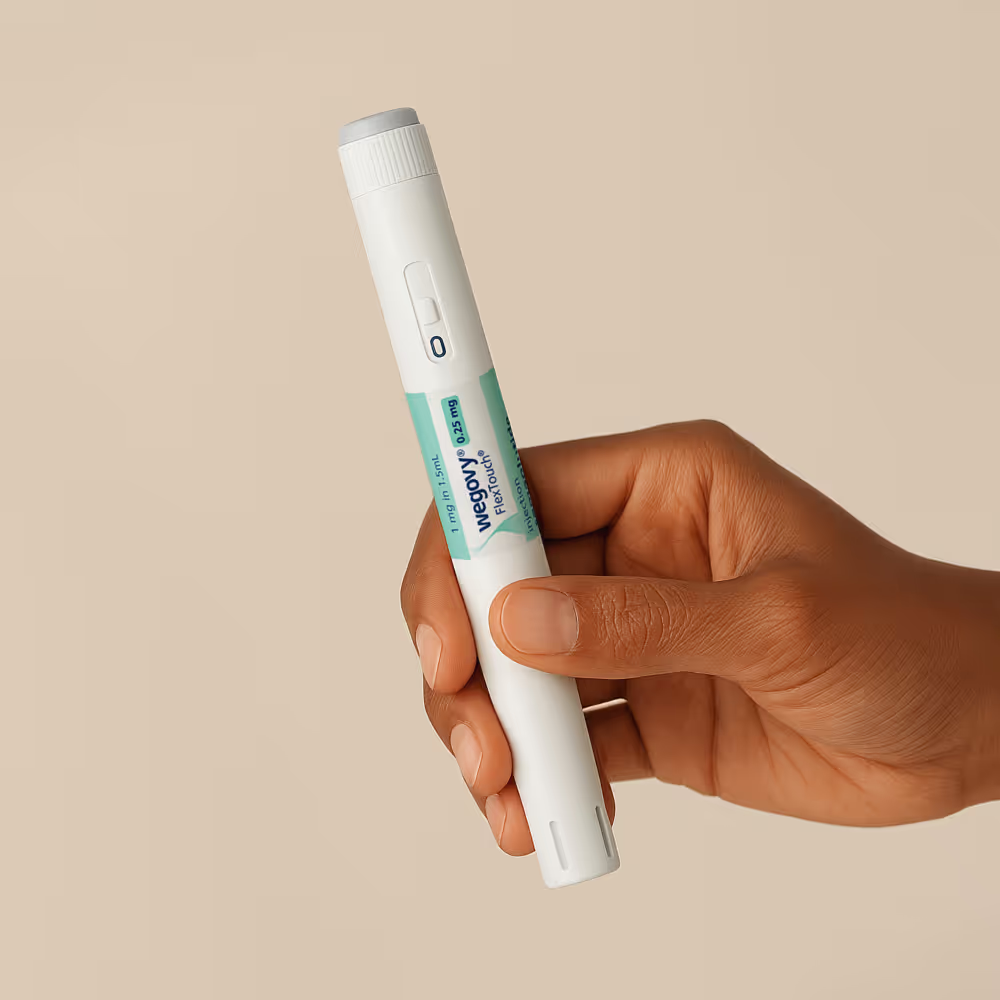

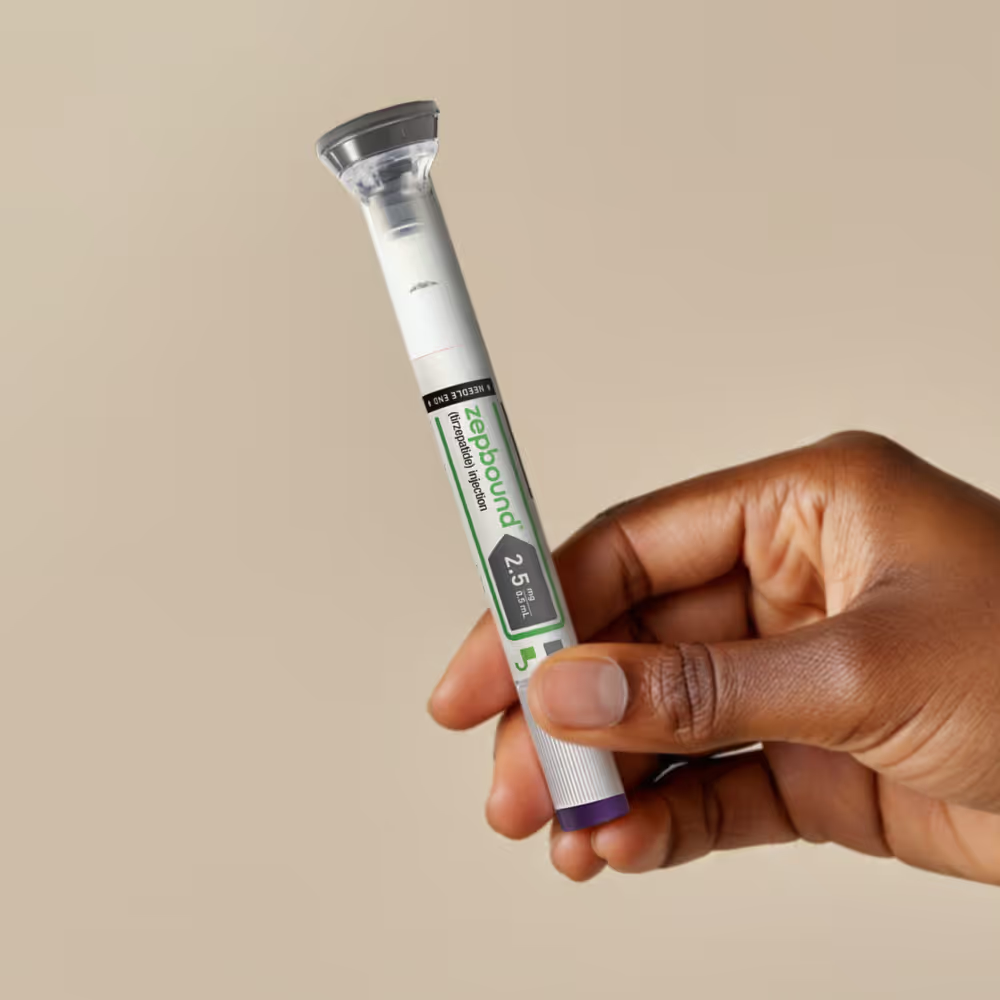

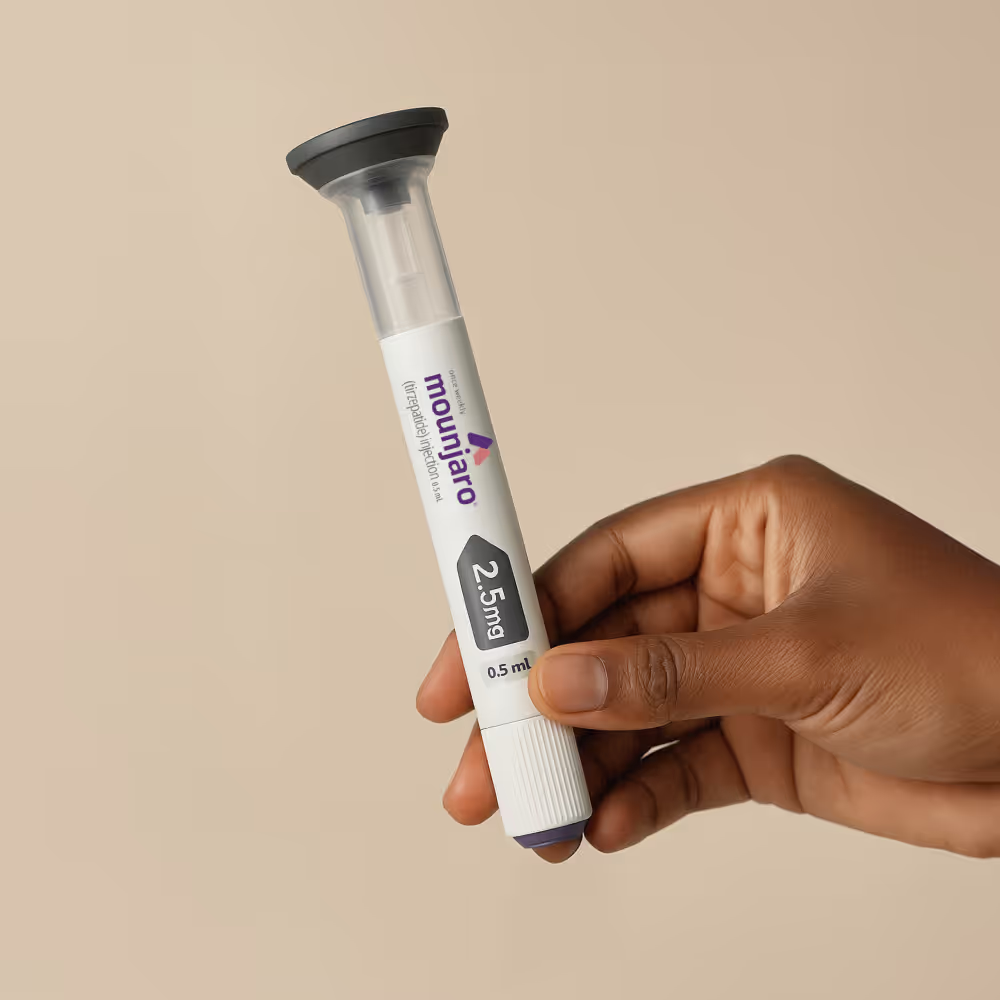

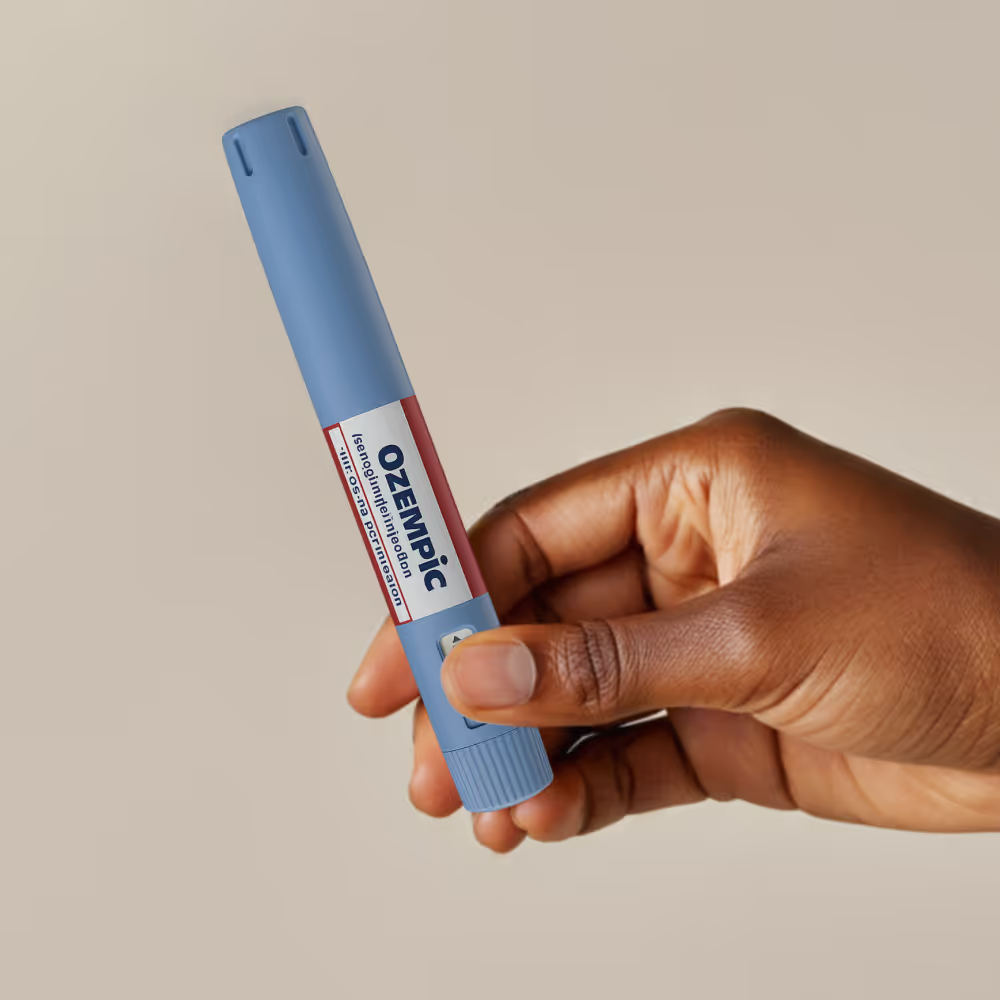



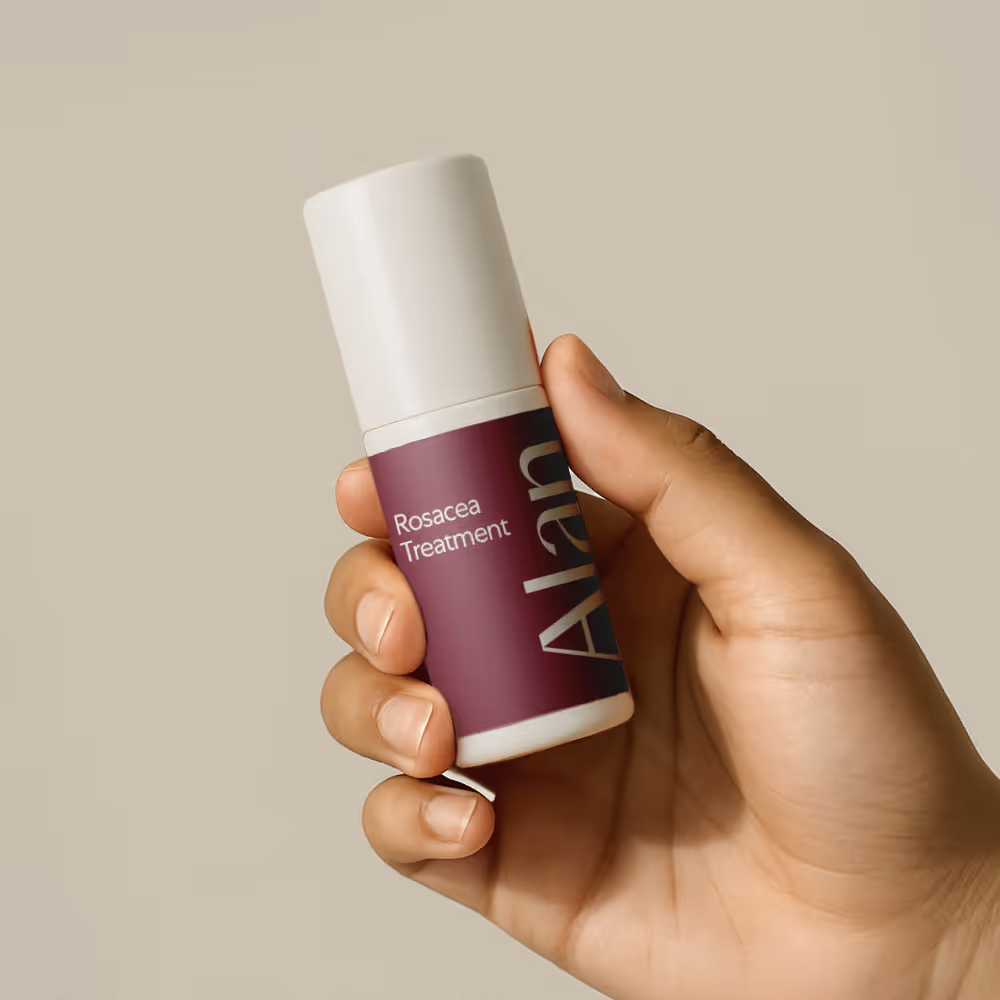

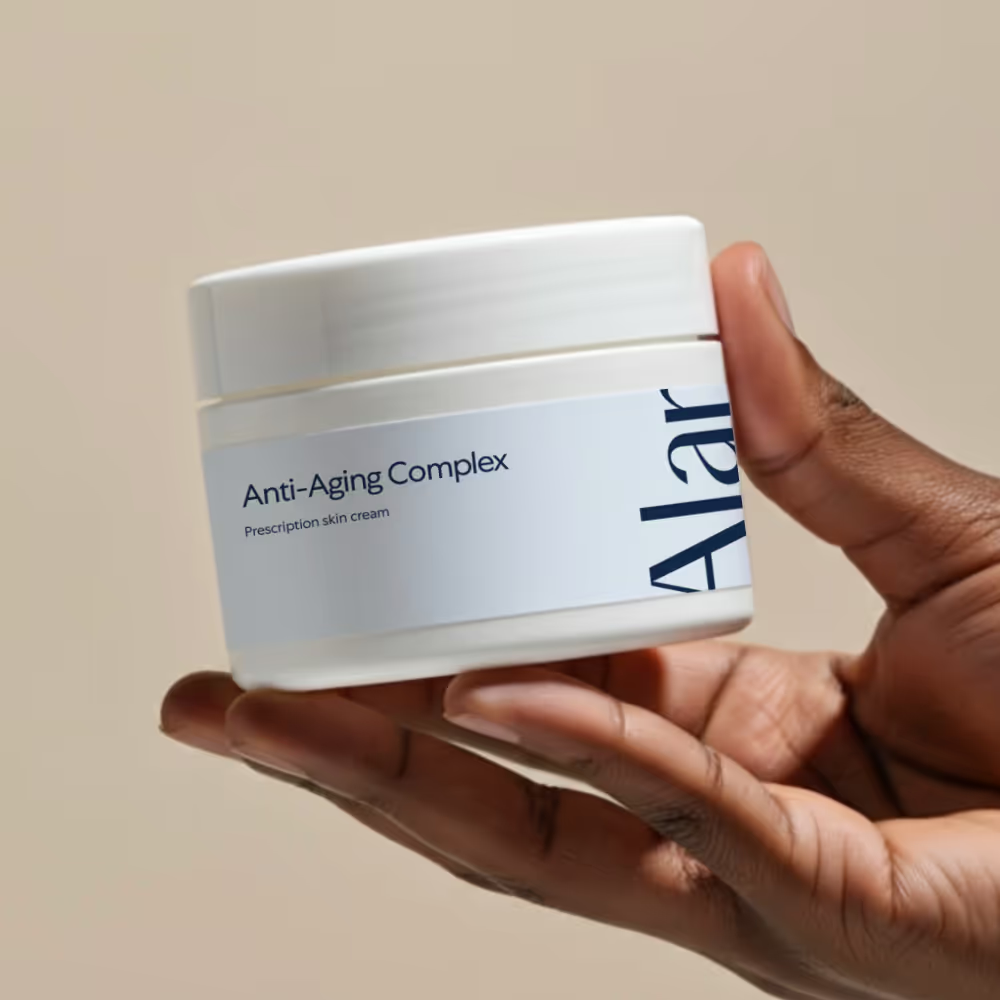

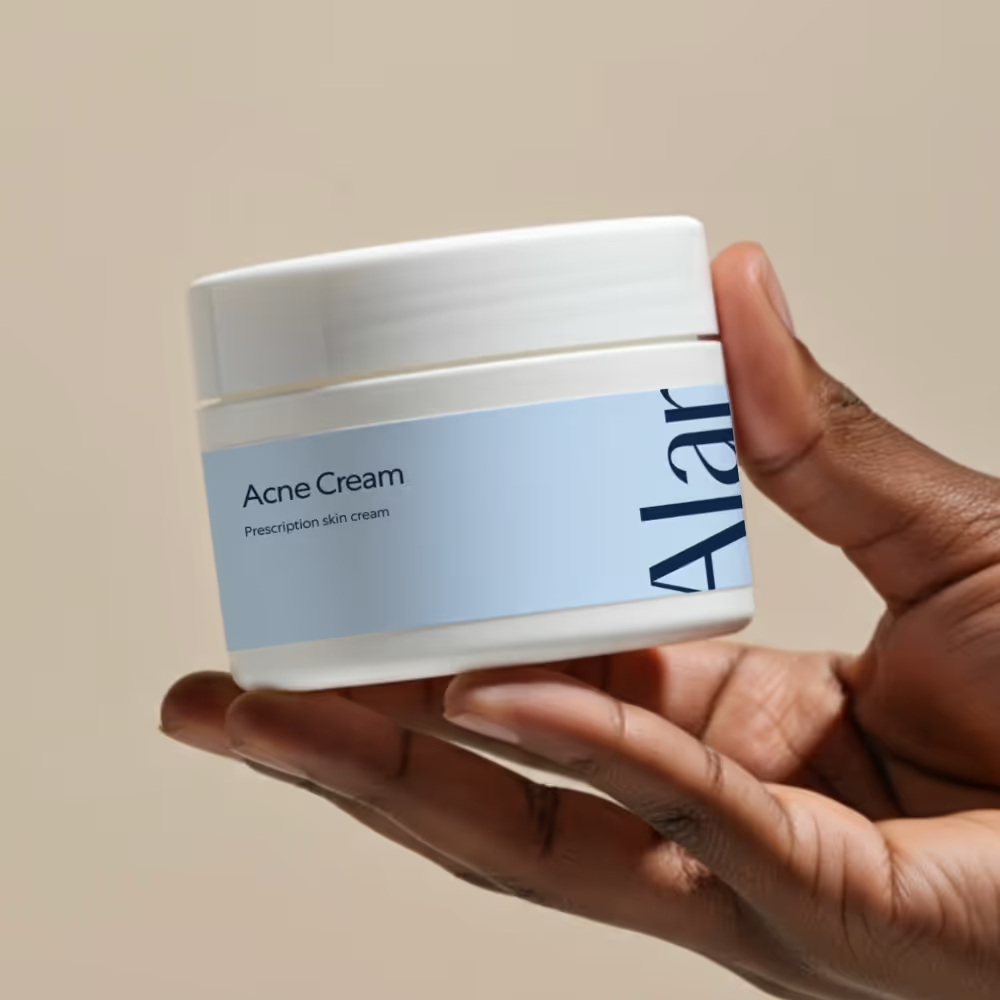



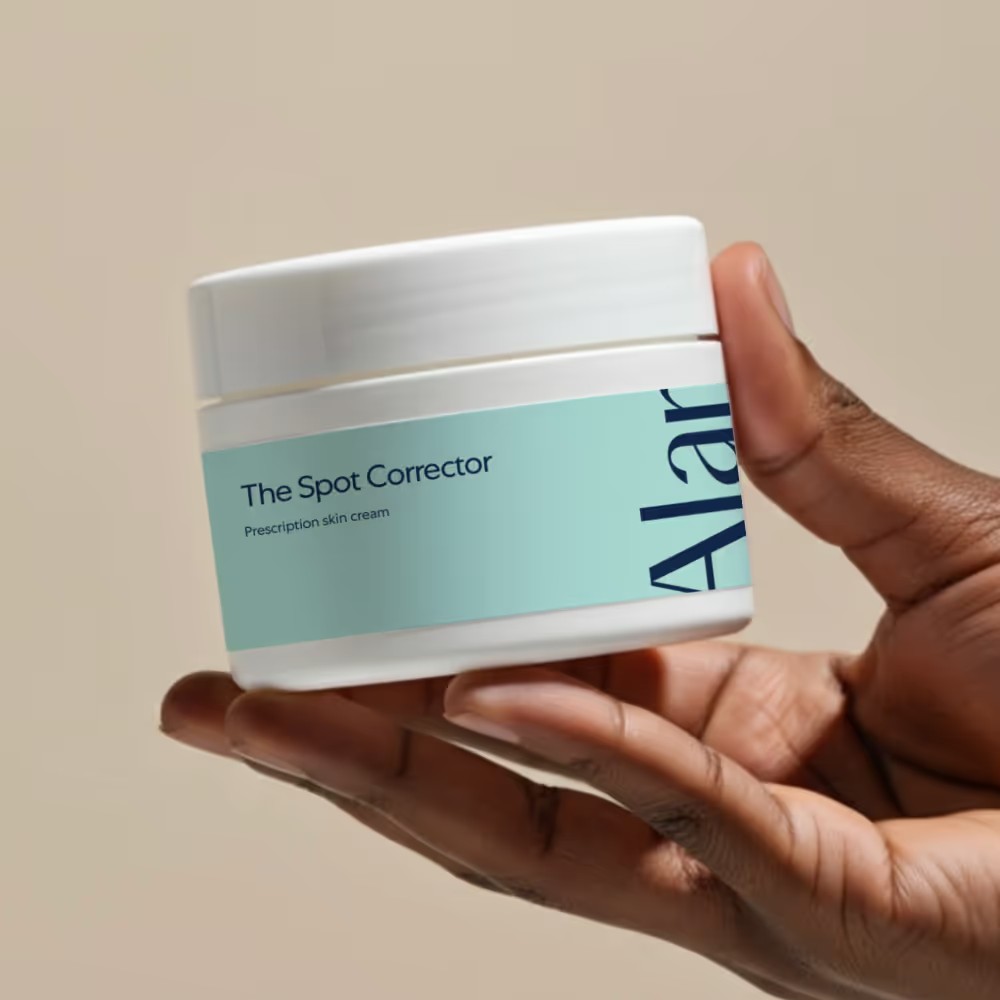



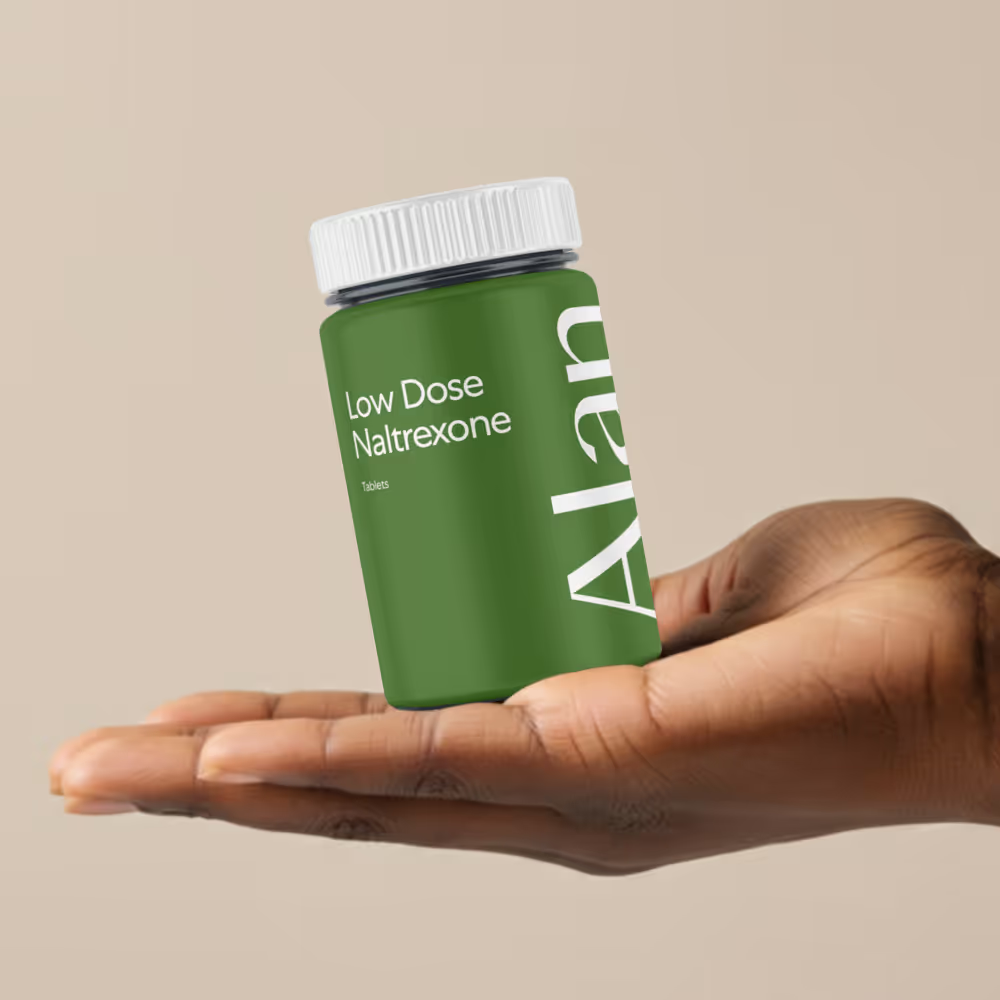






.avif)
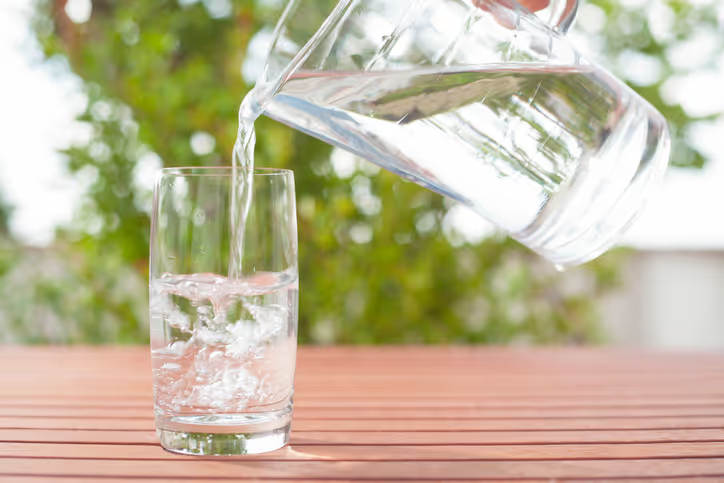
.avif)

